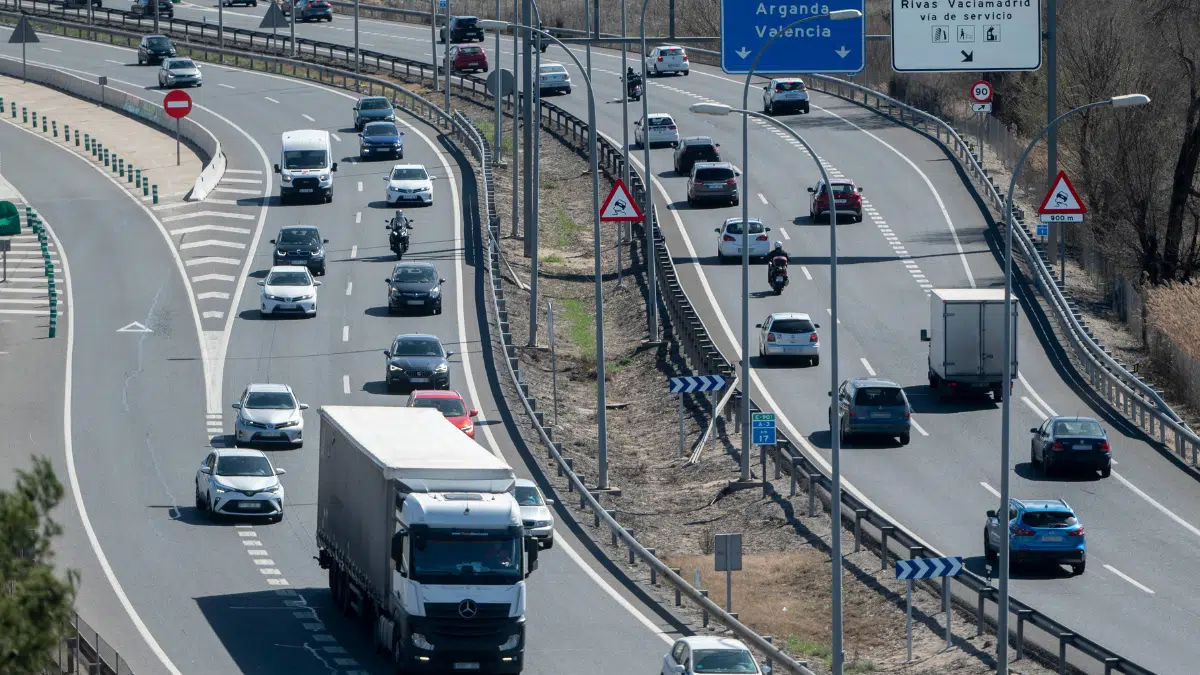European Union energy ministers on Monday gave the definitive green light to a ban on the sale of vehicles with combustion engines, including diesel, gasoline, and hybrids, by 2035.
This happened because Germany agreed to lift its veto after forcing an agreement with the European Commission to clarify how synthetic fuels will fit in after that date.
The EU-27 had already decided on Monday, at a meeting at the ambassador level, to include the agreement as an item without discussion on the agenda of the Council of Energy Ministers on Tuesday, which has finally been formalized.

The agreement was backed by Germany but was rejected by Poland and Italy, which also demanded an exception to the biofuels rule, and Bulgaria abstained.
However, with Berlin’s change, this group of countries no longer has sufficient weight to block the agreement.
The end of combustion engines was the first dossier of the climate package that the EU-27 and the European Parliament agreed on in negotiations concluded in October 2022 and that last February received the endorsement of the plenary of the European Parliament, pending only the final formal approval by the capitals.
The compromise materialized weeks after Germany’s reservations were added to those of Italy and forced to postpone the vote without a new date,
Last Saturday, the vice president for the European Green Pact, Frans Timmermans, announced an agreement with Berlin to lift its veto.
The last-minute doubts of both delegations generated concern in the institutions since they could jeopardize the adoption of a rule that is part of the climate package that the EU wants to promote this legislature to reduce polluting emissions in the bloc by at least 55% in 2030 compared to 1990.
The measure was already approved in the plenary session of the European Parliament on February 14.
Still, it was in the negotiations at the level of the Member States where Germany showed its reticence about an agreement between institutions that was already agreed on last autumn.
The European Commission defends that this synthetic fuel fit will not affect the agreement already closed between the European Parliament and the EU-27 regarding the EU’s ban on marketing combustion vehicles from 2035.
Diplomatic sources stress that the important thing now is to avoid this type of maneuver “weakening” the functioning of the European institutions since this is the “real concern”.
This last-minute move by Berlin has also been criticized this Tuesday in Brussels by the third vice-president minister for Ecological Transition, Teresa Ribera, who has stressed that it has not been “good” or “pleasant”.
She hopes that all Member States have learned that this cannot set “a precedent that will always be used”, as it could mean “difficult times” for Europe.
“We all want to build Europe and European responses in any situation, but particularly in this crisis,” the minister added.
With information from LGI

